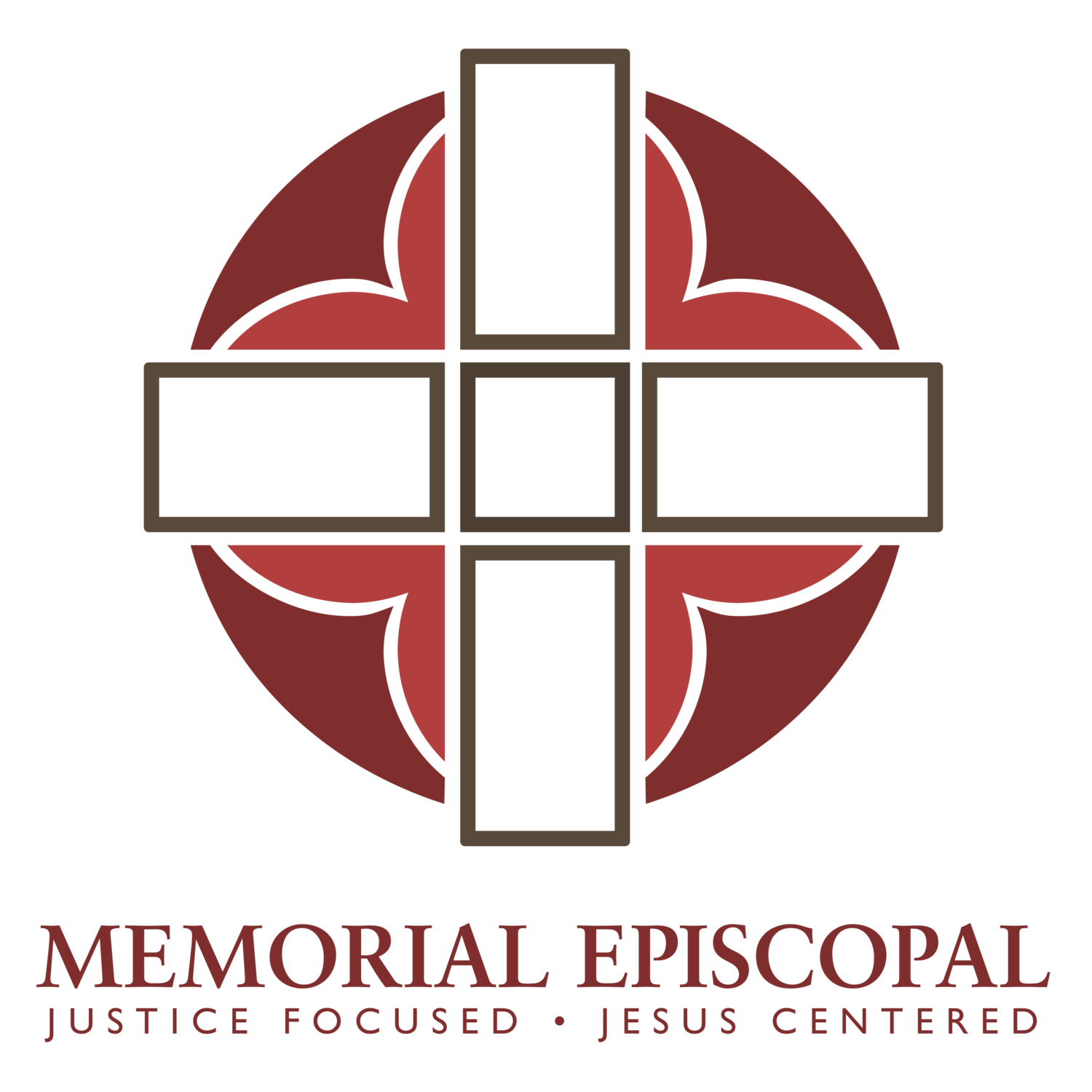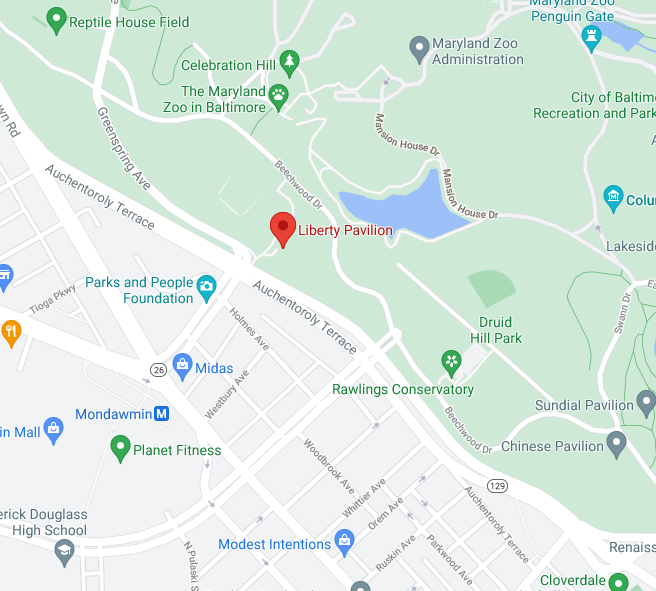Then he said, “Come no closer! Remove the sandals from your feet, for the place on which you are standing is holy ground.”
Holy Ground. That sounds wonderful right now. A place so safe you don't even have to wear sandals. just bare feet and open hearts in front of the divine.
Certainly we all have places that we consider Holy Ground. Iona. Claggett. Taize. Thin places where we suddenly feel closer to God. There are other kinds of hallowed ground, of course. Camden Yards, The Big House in Michigan, Wembley, Wimbledon. Closer to home you might think of Faidley's, The Jones Falls, or even Chaps Pit Beef as 'hallowed ground.'
Perhaps one of the reasons we have so many examples of hallowed ground is that we are desperate in this day and age for that connection to the divine. But the mistake that we make is (as so often happens) not reading to the end of passage.
Because after God is done talking to Moses, this Holy Ground reverts to being just... ground. What makes any ground holy is the presence of God, and if we are to believe the Gospels, the most reliable way to achieve the presence of God is... to gather together.
In the Church, there is a strain of sacramental and liturgical theology that says places (and items) are sanctified by their use.
When Memorial is a Church. When the altar is set and the candles are lit and the community is present and prayers and voices are lifted... then God is truly present.
Many of you have felt such moments, and many hope to do so again or for the first time.
But when the candles are extinguished and the linens are put away and the hymnals set back in their chairs it becomes, like so many other spaces, an empty building. Memorial is indeed sanctified by its use and it has been out of use for some time.
This is why you all elected to renovate the sanctuary so we could put the space into 'use' more often, and why we freely open our doors to the community in many, different ways. It is also why many of us have felt rather bereft of that spiritual connection, because this sanctified space has been in such disuse.
Now. We have learned (and re-learned) some important things about God's presence. First we have been reminded that we count among this body both the living and the dead, and when even one of us is gathered in the sanctuary we are still surrounded by the great cloud of witnesses that came before us.
Second, we have experienced first hand that just as God can make Godself present in a mideast desert, God can be present in a zoom room or any other metaphysical space. This has been welcome good news for all of us, especially in the darkest days of the pandemic.
What does this all mean for Memorial and our little patch of sacred ground going forward? I think it means that first and foremost we should be intentional about how we gather, pray, work and serve in this place. That we gather with a renewed vigor to worship and serve the Lord in all of God's goodness.
AND that because we now know the sacredness and the holiness does not come from the stones and brick, but from God's presence - we also seek to take that presence out to the broader community.
So that, wherever we are standing might be Holy Ground, if only for a moment (Though I recommend that you keep your shoes on).





